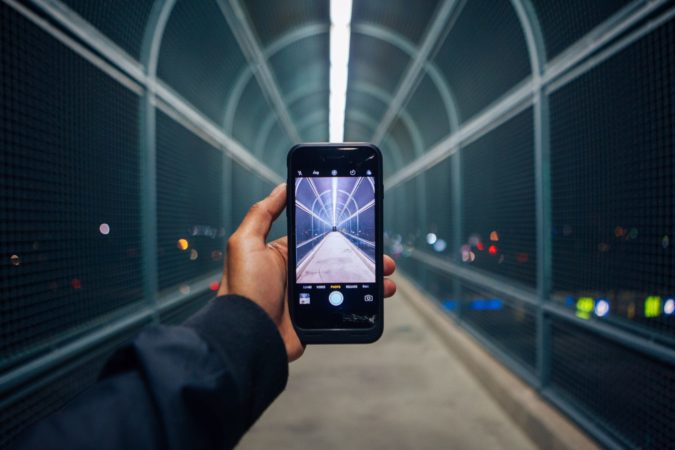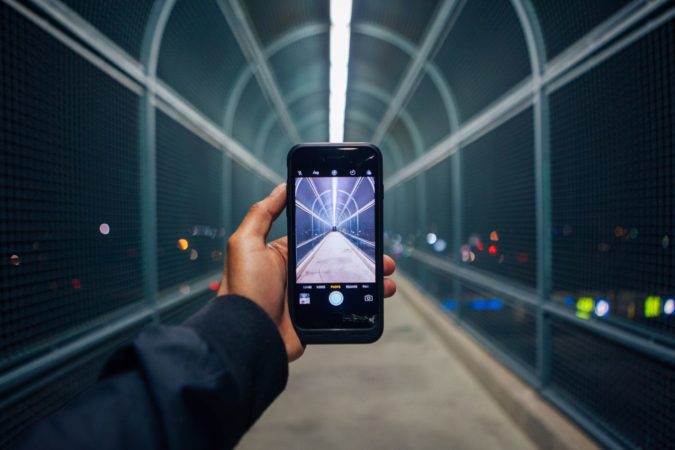
10 Technology flops of recent times

The SOPA stopped
The Stop Online Piracy Act (SOPA) is a regulation proposed in the United States with the objective of fighting online piracy and defending intellectual property.
To do this, SOPA included several measures that were considered restrictive for media freedom. These cause a level of censorship on the internet, equivalent to what takes place in autocratic countries.
Google, Wikipedia, Mozilla, Reddit, and other organisations have campaigned against the regulation. It has also met a frosty reception with the public. The House of Judiciary Committee has decided to postpone the decision until a better solution can be found.
Facebook IPO
Facebook, the biggest social networking company in the world, held its long-awaited initial public offering (IPO) in May 2012. The public offering turned out to be one of the biggest in history and the biggest in internet history with over $100 million of market capitalisation. However, it seems like the initial hype has not been followed by growth or at least a stable position. Instead, investors have considered that the initial price of the shares, $38, was too high and the stock price has suffered a sharp devaluation being at around $26.
Apple Maps
Apple is usually considered as a company that puts quality and user experience at the heart of its products. Apple Maps was not one of them. The company proudly announced that the new app would come by default with its then-new operating system iOS6. Rather than usurp Google Maps, the app has been the butt of many jokes. The app was riddled with bugs such as suddenly renaming Berlin as “Schoeneiche”.
Microsoft Surface
Microsoft’s tablet, Microsoft Surface, certainly did not set the tablet world alight. The iPad’s grip on the market is around 43% and being eroded by Samsung and Amazon who found their own place in this tough marketplace some time ago.
If the Microsoft Surface was ahead of its competitors, that wouldn’t be a problem, but its performance is below par compared to other devices. Windows 8 is also not established enough as a trustworthy iOS for users to make the switch.

Bing integration with Facebook
In the middle of 2011, Bing executed a digital marketing strategy and launched a new service that was meant to change the way users search online by creating a partnership with Facebook and turning the search process into a social one. In 2012, Bing continued its integration with Facebook by launching a social sidebar for the search engine, and also included the ability to search for friends and pictures in Bing. Theoricatelly, it is a good idea, but it has not been very well received by the general public. The feature has now been removed.
PS Vita
Mobile gaming consoles have been under threat by smartphones and tablets for some time, and 2012 may be recognised as the year that they began to die until it was completely discontinued from production in March 2019. The PS Vita was released globally at the beginning of 2012 and the reviews from technology and gaming magazines were excellent. However, it hasn’t been enough to push the sales of the device to the expected levels. Ultimately tablets and smartphones can provide an experience beyond gaming for similar costs.
Facebook Reach Generator
Facebook announced in February 2012 that they were rolling out a new ad type that would increase the frequency with which brand posts would appear on the users’ timeline, therefore increasing their reach. The company removed it from the ad choices only 6 months later and substituted it for their new promoted posts, which provide a similar service. The main reason why marketers seemed reluctant to use it was that it required them to pay on an on-going basis when there was no evidence that it delivered the promised value.
Google reader
In 2019, Google Reader stopped functioning and was buried by Dana Fried, a Google employee, who posted a photo of a graveyard with headstones for Reader and other services. Picasa, Google Buzz, and Google+ were also present on this memorial letting know all online users about its imminent closure.
Google glass
Google created these experimental glasses with tons of features, although it did not live up to consumer expectations. Moreover, before the product was launched, many people were concerned about their health and safety issues. Having a gadget that constantly emits radiation on your head does not seem attractive at all. Apart from this, the incorporated camera also raised some concerns regarding privacy and piracy.
From an aesthetically appealing point of view, the device does not look beautiful at all and a wide range of people qualified it as an unnatural and awkward to wear.

Microsoft band
Another fitness tracker that did not succeed in the end. Its uncomfortable materials, as well as a screen that did not sit naturally on the wrist, made this gadget a bit restrictive and tight. Microsoft produced the second generation of these devices, although it wasn't enough to attract the public. On the other hand, its own software, Microsoft's Health software, had the ability to download and synchronise custom workouts. It is worth to mention that design is key when comparing wearable gadgets.